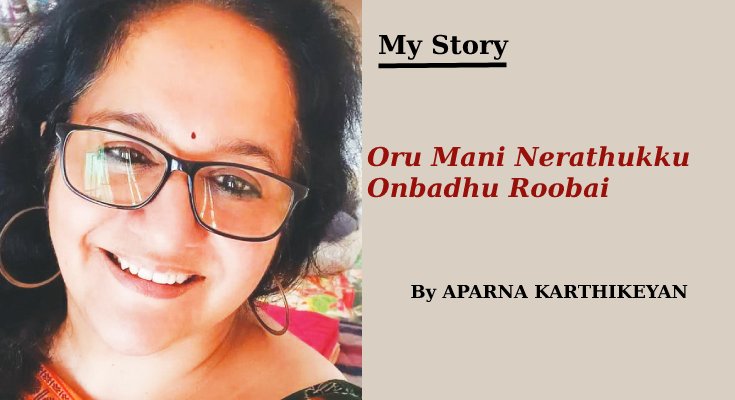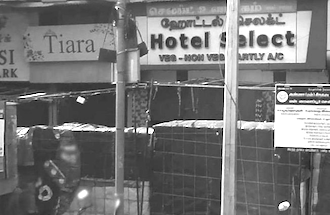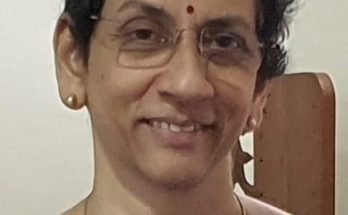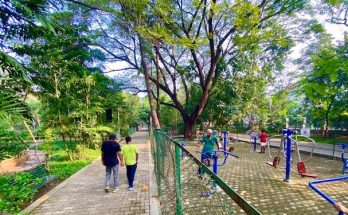This short story should be titled “How a Fan Mail made me an Author”. That’s really how my book ‘Nine Rupees an Hour’ was born.
In July 2013, I sent journalist P. Sainath a fan mail. I got a lovely, long reply. Inviting me to be a part of the People’s Archive of Rural India (www.ruralindiaonline.org). I was, then, a city reporter, roaming the streets of Chennai, writing about people, places, practices. I began to travel in my state – Tamil Nadu – and found that everywhere I turned, there was a story, a great one, waiting to be told. In 2019, some of those stories – plus others reported especially for the book – was published as ‘Nine Rupees an Hour’, by Context, an imprint of Westland. Documenting the disappearing livelihoods of Tamil Nadu, the book has ten chapters with profiles of people who practised various occupations – farmers, bull keepers, palm tree climbers, sickle makers, dancers – classical and folk, rural theatre, mat makers, silk saree weavers and Nadaswaram makers. Half the book has women leads. That mattered to me, to highlight their largely invisibilised and often underpaid labour.
Take Kamakshi – a poi kaal kuthirai artiste, who was also a mother, grandmother, farmer and homemaker. And one of the finest dancers in the state. The world only knew – and celebrated – her (late) husband. Then there’s Chandra, a woman farmer, whose question still stings me: when we go to an office or a bank, we are asked to stand in the corner: where are the chairs for people who grow your food?
Muniyamma, who spent her life inside a smoky hut in a palm grove in Ramanathapuram making karupatti, Rayappan, who climbed the equivalent of Mount Everest in a single week during the season, to tap padhaneer. Thilagavathi, the first woman to dance on the all-male Kattaikuttu stage… the memory of meeting them still gives me goosebumps.
The book was received kindly. A. Shrikumar’s review for The Hindu newspaper called it “a rich complex tapestry of honest stories from the interiors of Tamil Nadu”; award-winning translator N. Kalyan Raman wrote in OPEN magazine “What makes the book remarkable is the author’s extraordinary talent for telling stories that engage and enrich from beginning to end.” Uddalak Mukherjee in The Telegraph described it as an “excellent and searing account of some of Tamil Nadu’s traditional but vanishing occupations.” The best feedback was from the people in the book – when their children or relatives read it out for them – and they rang and told me they were happy with it. Three years later, the Tamil edition is here: Oru Mani Nerathukku Onbadhu Roobai. And to hold it in the language it was first told to me, feels like a blessing.
It would not have been possible without Siddharthan Sundaram sir. He took the initiative, contacted me, found a wonderful publisher – the good people at Seermai publishing house – and translated it in record time. I can’t wait for the women and men who trusted me and shared their stories with me to read it in their mother tongue.
– Aparna Karthikeyan is an independent journalist and author of six books. Her non-fiction book ‘Nine Rupees an Hour’ was published by Context, and recently translated into Tamil. She lives in Chennai with her family and three adopted dogs. aparna.m.karthikeyan@gmail.com
No tags for this post.




